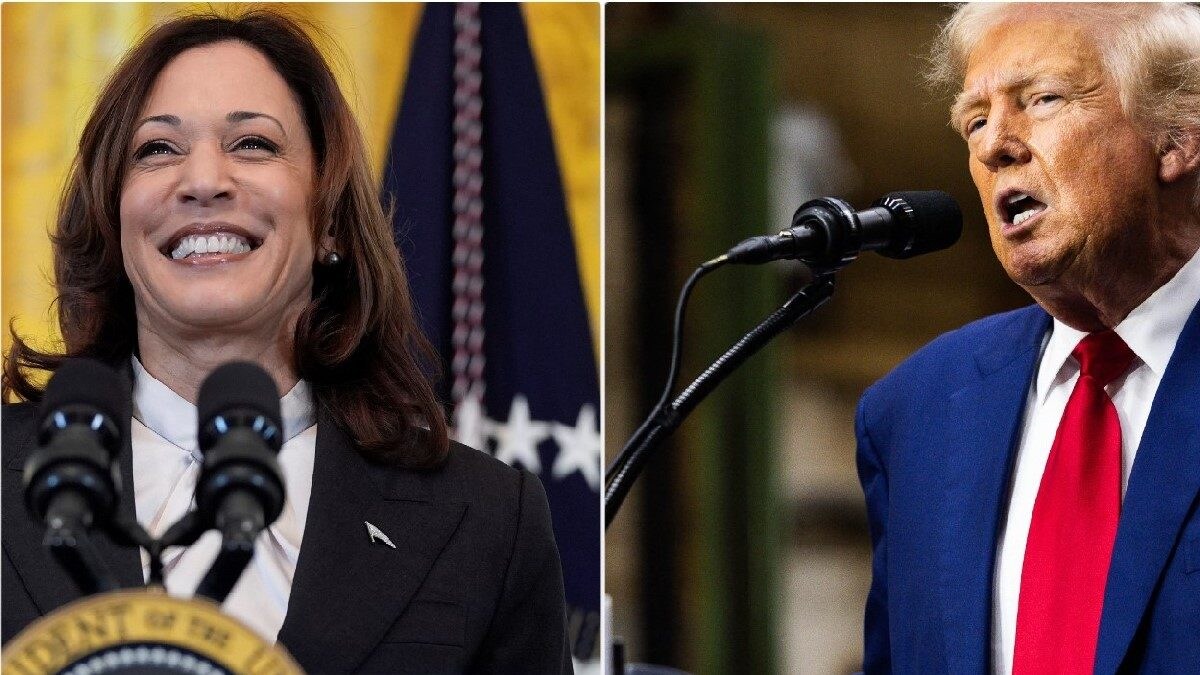Early education advocates have urged the Labor government to commit to universal childcare in the lead-up to the election, after a major report warned too many children were missing out on critical learning due to high costs and access issues.
The Productivity Commission has recommended that the federal government increase funding and simplify subsidies for early childhood education and care. It also said the controversial “activity test” should be scrapped, and called on state governments to provide out-of-hours care for older children in public schools.
The commission said every family who chooses to access early education should get at least 30 hours or three days of access a week.
The report came amid speculation that universal childcare may be part of Labor’s pitch for the next election, due by May 2025. The education minister, Jason Clare, would not confirm that would be the case on Wednesday, but said the government would announce its response to the report’s recommendations “in the next few months” and before the federal election.
Sign up for Guardian Australia’s breaking news email
“It sets out a roadmap for how we might be able to achieve that [universal childcare] over the next decade or so,” Clare said.
“What it really underlines is, at the moment, it’s children from the most disadvantaged families that are the most likely to benefit from early education and care and the least likely to access it today. It sets out a bunch of recommendations to help to fix that.”
He said implementing the full report would take a decade and cost about $17bn.
The Productivity Commission recommended the government raise childcare subsidies to 100% – essentially making it free – for families earning less than $80,000, and remove the “activity test” for parents’ work. It said those changes would increase childcare attendance rates by 10%, with most of that coming from low and middle income families.
The report also called on state governments to provide, through public schools, out-of-hours care for children aged 5-12.
“All children whose families choose to use ECEC [early childhood education and care] should have access to high-quality services. All families with children aged 0–5 years who choose to use ECEC should be able to access at least 30 hours or three days a week of high-quality ECEC, for 48 weeks a year,” the report said.
“To achieve the long-term goal of a universal ECEC system, the Australian government should first act to ensure that cost is not a barrier to access for children from low-income families.”
Associate commissioner Deborah Brennan added: “A child’s entitlement to at least three days of ECEC a week should not depend on how much their parents work.”
Childcare reform campaign The Parenthood has long pushed for a universal system with a $10-a-day price cap.
skip past newsletter promotionafter newsletter promotion
In a statement on Wednesday, it said the current system was “not sufficiently meeting the needs of all children, parents, educators and communities”.
The Parenthood’s chief executive, Georgie Dent, who has often appeared with Anthony Albanese at events to mark Labor’s childcare policies, said affordability and access remained “major issues” to address on the way to a universal childcare system.
“The prime minister has said this is his government’s vision too, and the only way to realise it is by legislating every child’s right to early education and making sure it is genuinely affordable,” she said.
The report’s recommendations were also welcomed by the United Workers Union and the Minderoo Foundation’s Thrive by Five campaign. Minderoo’s Jay Weatherill called on the government to “legally enshrine an entitlement to early learning” and cap daily fees at $10.
Clare said the government wanted to hear from the childcare industry about steps forward. The minister said the government would “look at all of these recommendations”, including around the activity test and making early education free for low income families.
Anne Aly, the minister for early childhood, said the government’s vision was “that every child in Australia, no matter who they are, no matter where they live, no matter what their background, should have access to affordable, inclusive early childhood education and care”.

 1 month ago
1 month ago


















